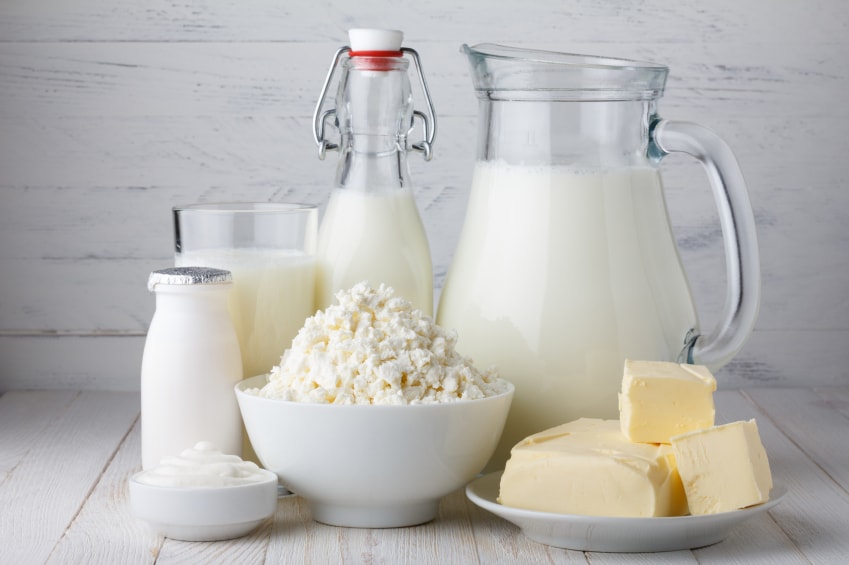
A friend shared an interesting story. As a newborn baby, she cried for hours on end. Her frustrated parents tried everything but nothing would appease her. The first doctor they consulted said she had colic, but his solution proved ineffective. Exhausted and at their wits end, her parents took her to a second pediatrician who was quick to diagnose a milk allergy. Mom and Dad tried a new non-milk-based formula, and their baby daughter slept through the night.
Not only that, but had they not detected the milk allergy, the new pediatrician told them that my friend would have become deaf within a week.
That?s just one instance where milk isn?t for everyone. And yet our culture continues to embrace its nutritional benefits, largely through celebrity-helmed advertising campaigns that increase awareness and drive grocery sales.
We?re not disputing that milk has its place for some in a well-balanced diet. For young children in their pivotal developmental years, dairy products can provide much-needed calcium to build strong bones and teeth. But maybe it?s not something that we necessarily need to carry forward into our adolescent and adult years.
Holistic doctors look at the functionality of foods and examine their role in attaining and maintaining the healthy, well-oiled machines we call our bodies. They look at the value they bring to the physiological table, as well as their potential detriments. And from a holistic standpoint, milk unfortunately comes up short.
Here?s why.
1) Milk can be a bacterial breeding ground
Let?s get the most disgusting topic out of the way first. In our gastrointestinal system, the enzyme lactase is required to adequately digest the lactose carbohydrate found in milk. After we leave our toddler years, the amount of this enzyme in our bodies decreases ? thereby inhibiting its ability to digest lactose as we get older. As that lactose builds up in our systems, it becomes a virtual buffet for bacteria and parasites. Who says there?s no such thing as a free lunch?
2) Milk can ruin your complexion
Blame greasy French fries, oily potato chips and creamy milk chocolate all you want, but one of the biggest triggers of acne is milk. And there are two reasons why. First, in an effort to produce as much milk as possible, bottom line-driven farmers administer growth hormones to their herd. These hormones ? known as rBGH (Recombinant Bovine Growth Hormone), or more commonly, Posilac ? not only augment production but also intensify our chances of developing IGF-1 and keratinization that can lead to acne. In addition ? and our second disgusting topic of the day ? cattle that are overstimulated with rBGH can develop udder infections that can trickle pus and bacteria into our milk. Do not forget about iodine in milk — it was linked to acne.
3) Milk can be addictive, just like drugs
If your gut tells you milk might be a problem, you need to pay attention to it because the gastrointestinal system is where certain issues can occur. When dairy products are processed as part of normal digestion, the milk protein casein becomes an opioid compound known as casomorphin. And as a peptide opiate in the morphine family, casomorphin shares the same addictive propensities as the oft-abused pain medication.
Certainly the above findings may cause us to pause the next time we have a glass of milk before bed or think about pairing some cheese with our fruit.
As a holistic doctor I recognize the functionality of foods and understands the unique roles they play in our bodies. Often times, such as with acne, simply identifying certain foods as root causes of specific health concerns can allow them to be more personally and effectively addressed.
To speak with me about how milk may have more disadvantages than benefits, schedule a consultation at my Brooklyn office (718-382-9200) or Great Neck office (516-467-0253.)

